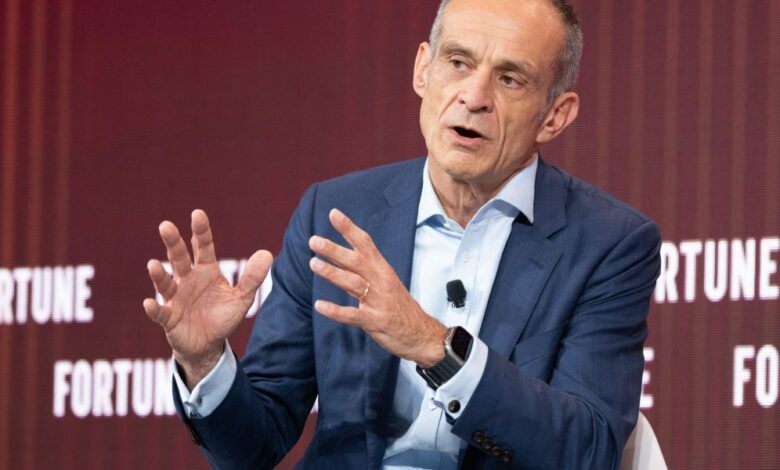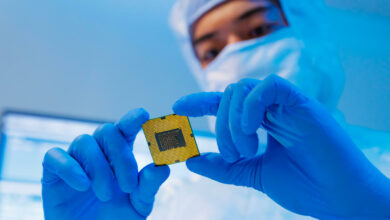Schneider Electric head: Clean electricity demand will drive the future of energy


French multinational Schneider Electric has been around for 188 years, making it older than electricity itself.
Far from being outdated, though, Schneider is among the world’s most sustainable companies and a leader in the space, partnering with about 40% of Fortune 500 companies on their sustainability goals.
“Climate change is one of the biggest challenges of our generation. The future of energy was in a deadlock,” Schneider’s chair Jean-Pascal Tricoire told Fortune’s Claire Zillman at the Fortune Innovation Forum in Hong Kong last week.
To accelerate the transition to clean energy, Tricoire is banking on demand—governments, consumers, and companies demanding less-emitting power—rather than the supply.
“In the story of humanity, energy transition to something which is net zero never happens through the supply,” the Schneider chair said. He gave the example of electric cars—they’re taking off now not because there’s more electricity available, but because there’s already a movement to decarbonize transportation across the world.
In other words, Tricoire said, the pivot to achieving lower emissions predates the changes in energy supply. As an energy management company, Schneider sees its opportunity for the future in facilitating the shift to cleaner forms of it.
“It’s not complicated. Climate change is 80% due to carbon emissions, and carbon emissions are 80% due to the way we use and produce energy,” he said.
To help mammoth-sized companies adopt cleaner and more energy-efficient infrastructure, Schneider placed its bets on two things—digitization and electrification. AI and automation have a part to play, too, he said.
Applying “software [and] AI to optimize everything … from design, to build, to operation, to maintenance” can unlock massive energy savings, Tricoire said.
Achieving ESG goals and more
Sustainability is now at the top of mind for many companies. But that’s a recent phenomenon—for the first 15 years of Tricoire’s 20-year career at Schneider as COO, CEO and chairman, he said, investors didn’t care.
As the discussions surrounding environmental, social and governance (or ESG) factors began to pick up in 2019, Tricoire points out, more investors started paying attention.
The subject of ESG has been riddled with problems and controversies in recent times, with critics saying it’s a sham, has been politicized, and lacks clarity.
For companies that are pursuing ESG goals, Tricoire says it’s important to set strong standards to de-risk the company in every way possible. The transformation would also require the entire company—its people, culture, workflow and governance—to be aligned so everyone can work toward the same mission.
However you slice it, though, investing in the environment and in minimizing the world’s carbon emissions will only get more important from here on out. The good news? We don’t need to wait for groundbreaking innovations to help companies make progress because we already have a lot of the tools at our disposal now, according to Tricoire.
“Before we think about the big revolution, let’s first deploy what we have because time counts, right?” Tricoire said, adding that the carbon we cut today is far more valuable than doing the same 10 years from now.
Source link




